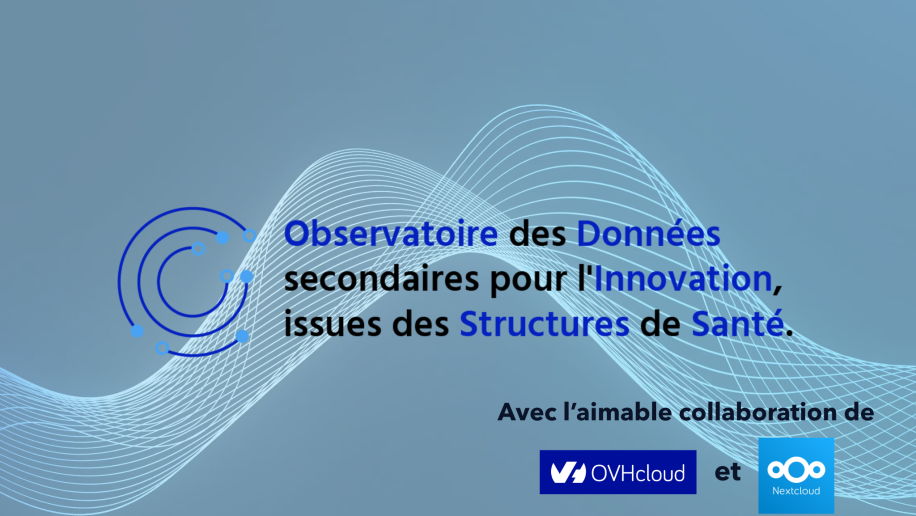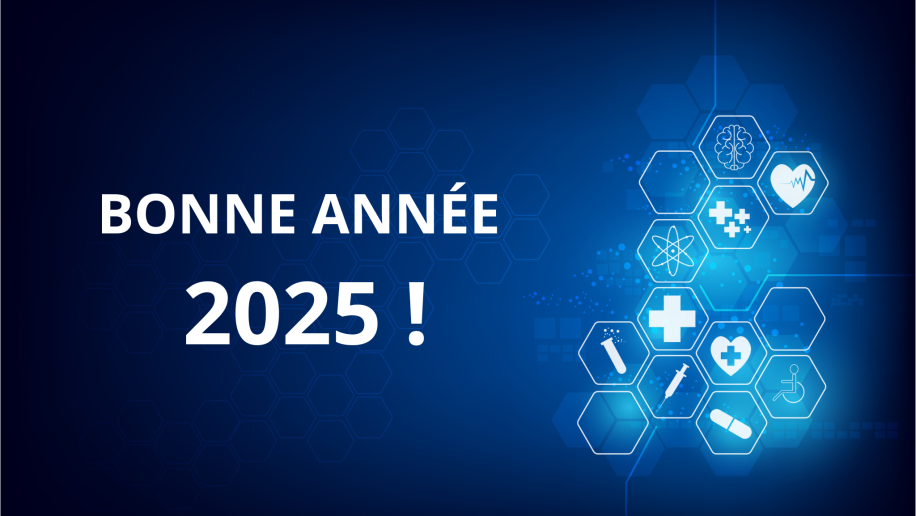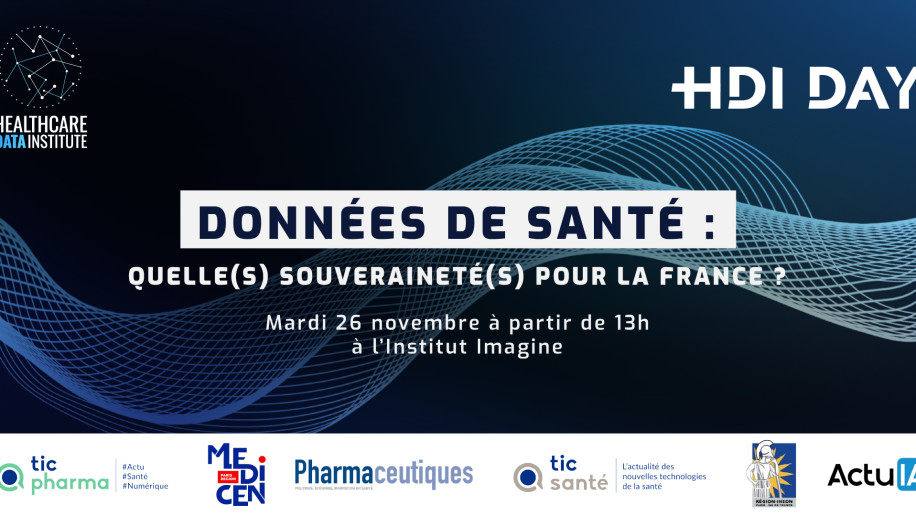Renaloo is a somewhat unique patient group, which started life online in 2002 as a blog. Over the years, a community of patients was formed, and the group was founded in 2008, enabling us to get involved in actions beyond the web, notably in the area of health democracy. Today, our aim is still to provide patients with help and support, but also to push for change in the health system and its practices, to improve quality of life and care.
It was this area of work that soon led us to become interested in data: we have the opportunity in kidney failure to use a national registry (REIN) which brings together the 76,000 dialysis and transplant patients in France. We’ve also produced our own insights, by conducting various surveys. The most striking of these was the Etats Généraux du Rein, which received nearly 9,000 responses from patients. Analysing it has given us a really valuable resource for advocacy. For example, we’ve been able to highlight the marked geographical and social inequalities with regard to access to different treatments. These biases, which are now quantified, are responsible for the loss of opportunities faced by some patients. They are also very damaging for our healthcare system, as they lead to the least effective and most costly treatments being favoured…
We’ve always tended to adopt a “public health” led approach, as much as campaigning: by including economic arguments about health in our appeals, we are able to reinforce our messages. This is also where access to data, and particularly health insurance data, is crucial…
Another key battleground is access to insurance, for a mortgage for example. In practice, it can often be difficult to take out insurance when you have a chronic illness, and when you do the premiums are often prohibitive with a whole range of exclusions, which can leave you paying over the odds for insufficient cover… One way to improve this situation is to ask insurers to evaluate each individual risk more closely, based on robust survival data. This is one of the projects we’re working on in partnership with the Agence de la biomédecine (the French Biomedicine Agency), which has agreed to generate the relevant statistics using the REIN registry.
For patient groups, there is a lot at stake when it comes to data. They are clearly a tool for more effectively defending the interests of patients, better identifying problems, issuing warnings, making more relevant suggestions for changing the healthcare system and adapting services, among other things.
That said, data also offer lots of prospects for patients themselves.
Recent developments in society, such as health democracy and access to knowledge, particularly via the web, mean that patients now want to be active participants in their own diagnoses and treatment. They intend to be involved in choices related to their health, as part of the shared medical decision-making process. They also want to choose their hospital, their doctor, their care. To do this, they need access to information about the care on offer (e.g. content of the services, treatment options proposed, availability of devices for aid and support), about the quality of care and service provided, and also about the efficiency of spending, for example.
They also need to contribute directly to evaluation, by sharing information about their treatment, their feelings and their experience of care. This taking into account of “patient-centred” data, with all the ethical safeguards around consent and security, undoubtedly represents the next big step forward in the area of health statistics, supporting people with illnesses and the quality of their care.
___
Yvanie Caillé is the founder and managing director of Renaloo, a kidney disease, dialysis and transplant patient group. Currently president of the think tank Coopération Patients, she is very involved in health democracy and patient movements, as well as on the web and in e-health. She has lived with a kidney condition since the age of 12.




